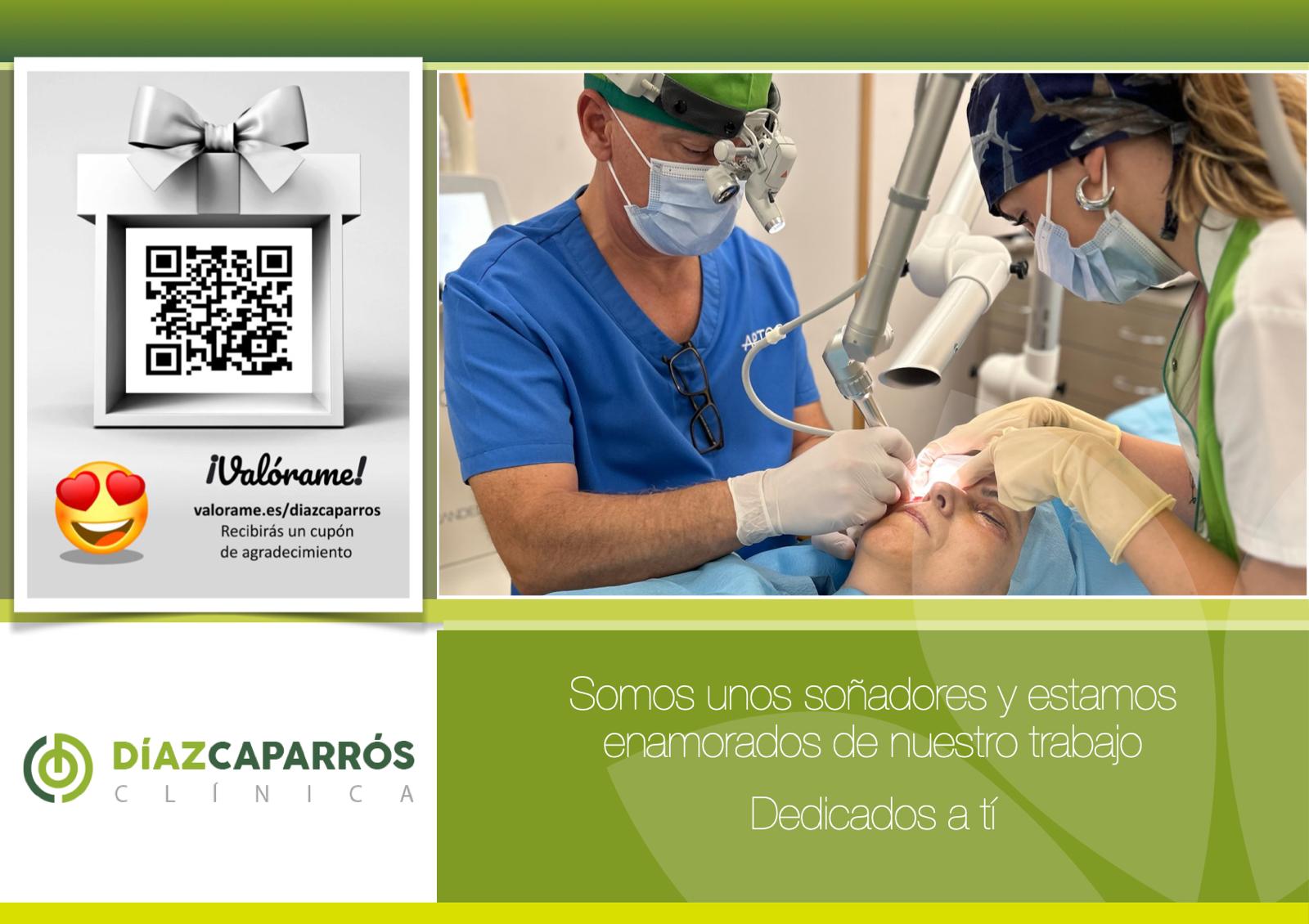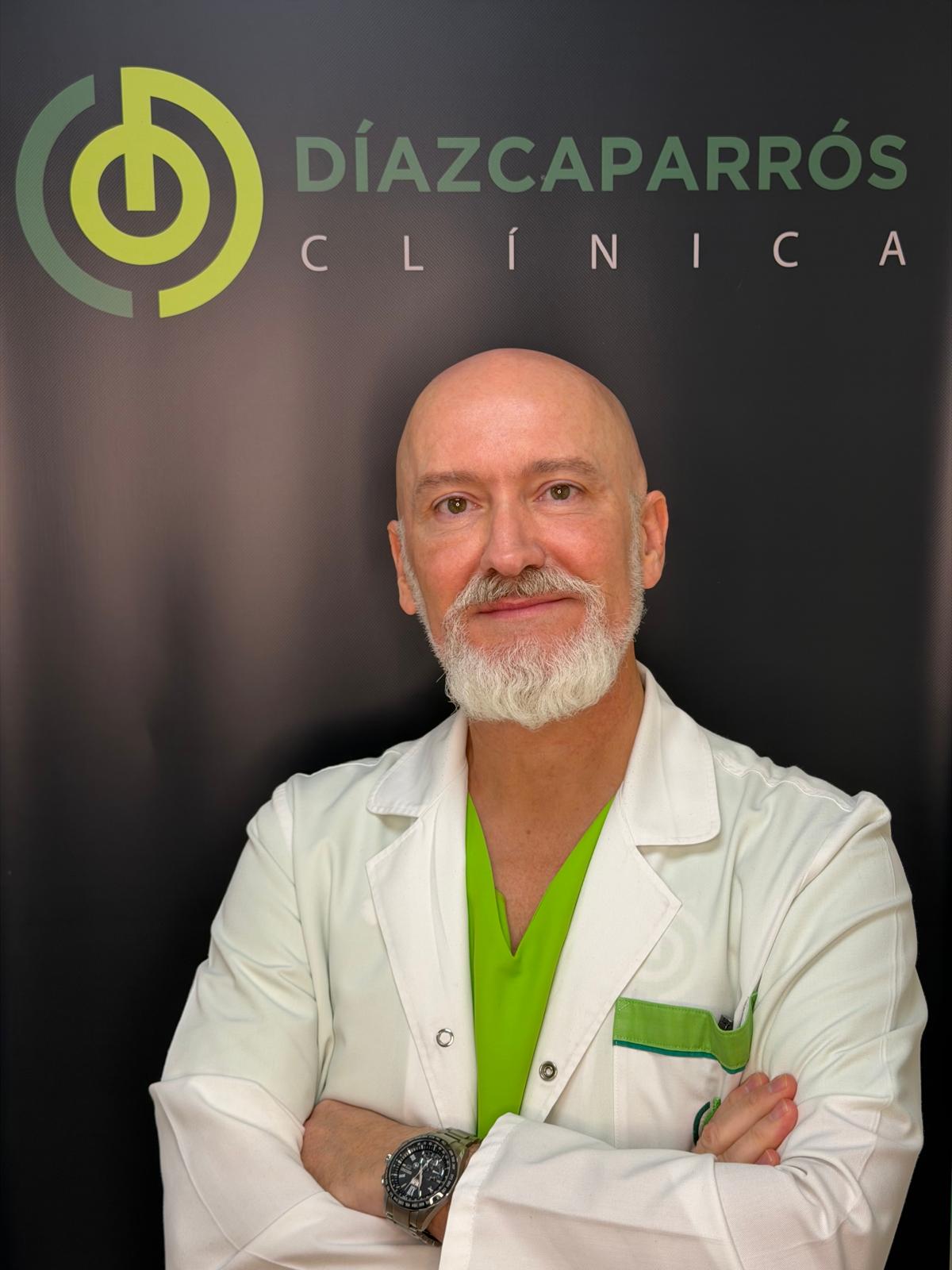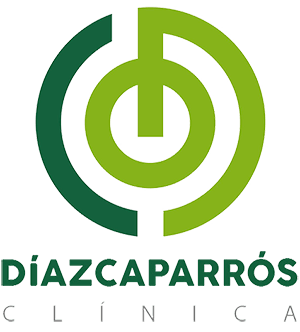
¿Qué es el tinnitus o acúfeno?
Los acúfenos o tínitus son sonidos percibidos por muchas personas, que llegan a preocupar seriamente la salud psico-física de los pacientes.
La dificultad en su abordaje radica en las múltioples etiologías y el comportamiento de la neuromodulación cerebral, que es un mecanismo altamente complejo.
Nuestra actitud con el tinnitus o acúfeno debe ser simple: exploración completa y un buen diagnóstico y sobre todo, NO recomendar lo que ya sabemos que no tiene utilidad.
¿Quieres saber qué grado de tinnitus tienes? Haz el test gratuito de nuestra web
Tratamientos y las recomendaciones de la guía europea de 2019
MEDICAMENTOS
No están recomendados por su escasa utilidad y el elevado número de efectos secundarios. Solamente se emplearán cuando el paciente acompañe una patología en la que estén recomendado su uso.
Drug/pharmacological
Weak recommendation against
There is no evidence for the effectiveness of drug treatments specifically for
tinnitus but evidence for potentially significant side effects. Recommendation is based on systematic reviews and randomised trials.
No drug can generally be recommended for the treatment of chronic
tinnitus. However, psychiatric comorbidities associated with tinnitus (anxiety, depression) may need drug treatment. Antidepressants should not be prescribed to tinnitus patients without
the diagnosis of depression.
IMPLANTES COCLEARES
Solamente están recomendados en pacientes que cumplan criterios por su sordera profunda.
Cochlear implantation is recommended
only for patients meeting the hearing
loss criteria for candidacy. Recommendation for tinnitus based on evidence
for safety but low-level evidence of effectiveness
PRÓTESIS AUDITIVAS
Sí están recomendados para pacientes que sufran una pérdida auditiva. El beneficio es grande.
Hearing aids are recommended for the management of hearing loss and should
be considered as an option for patients with tinnitus and hearing loss. Recommendation is based on evidence of effectiveness and safety in RCTs of hearing aids for hearing loss and tinnitus, and systematic reviews considering hearing aids for tinnitus.
ESTIMULACIÓN ELÉCTRICA TRANSCRANEAL
Es una terapia segura pero sin evidencia alguna de efectividad.
There is evidence for safety but no evidence for the effectiveness of transcranial electrical stimulation for tinnitus.
Recommendation is based on systematic review and RCTs.
ESTIMULACIÓN MAGNÉTICA TRANSCRANEAL
No está asegurada su seguridad a largo plazo y se sabe que no es eficaz.
No consistent evidence that repetitive transcranial magnetic stimulation is effective for tinnitus and no evidence that it is safe in the long term. Recommendation is based on systematic reviews.
NEUROMODULACIÓN POR RESETEO DE COORDINACIÓN ACÚSTICA
No se ha evidenciado utilidad, aunque se trata de una técnica segura.
Acoustic CR® neuromodulation is safe but there is no high-level evidence of effectiveness. Recommendation is based on systematic review.
ESTIMULACIÓN INVASIVA MEDIANTE IMPLANTES ELÉCTRICOS
No se ha demostrado su seguridad ni su utilidad.
There is no high-level evidence for the effectiveness or safety of invasive treatments for tinnitus. Recommendation is based on lack of RCTs or systematic review.
TERAPIA COGNITIVA CONDUCTUAL
Existe un alto nivel de evidencia científica terapeútica.
There is high-level evidence for the effectiveness and safety of CBT for tinnitus. Recommendation is based on systematic review and one further RCT.
TERAPIA DE REENTRENAMIENTO AUDITIVO
Existe escasa evidencia en cuanto a su efectividad. Es una técnica segura.
There is evidence for safety but little high-level evidence for the effectiveness of TRT. Recommendation is based on availability of one RCT and two systematic reviews.
TERAPIA SONORA
Existe escasa evidencia en cuanto a su efectividad. Es una técnica segura.
Se recomienda sobre todo para acúfenos de muy corta duración en el tiempo.
There is evidence for safety but little high-level evidence for the effectiveness of sound therapy. Recommendation is based on RCTs and a systematic review.
Sound therapy (including masking, music, environmental sound) may be useful for acute relief purposes but is not considered an effective intervention with long-term results.
DIETAS Y TERAPIAS ALTERNATIVAS
No se ha demostrado su eficacia con el tinnitus y poseen a veces un peligro para el manejo de los acúfenos.
There is evidence that dietary and alternative therapies (e. g. Ginkgo biloba, melatonin, zinc, or other dietary supplements) have no proven efficacy and pose potential harm in the management of tinnitus. Recommendation is based on RCTs and systematic reviews with methodological concerns.
ACUPUNTURA
Existe escasa evidencia en cuanto a su efectividad. Es una técnica segura.
There is evidence for safety but little high-level evidence for the effectiveness of acupuncture. Recommendation is based on systematic review.
[pdf-embedder url=»https://clinicadiazcaparros.es/wp-content/uploads/2020/03/Cima2019_Article_AMultidisciplinaryEuropeanGuid.pdf»]

Te ayudamos a cuidar tu salud.
La mejor Clínica de estética para tí.
Nuestras áreas:
- Otorrino
- Medicina Estética

Félix Díaz Caparrós
Director Médico, Gerente
Información



Deja una respuesta
Lo siento, debes estar conectado para publicar un comentario.